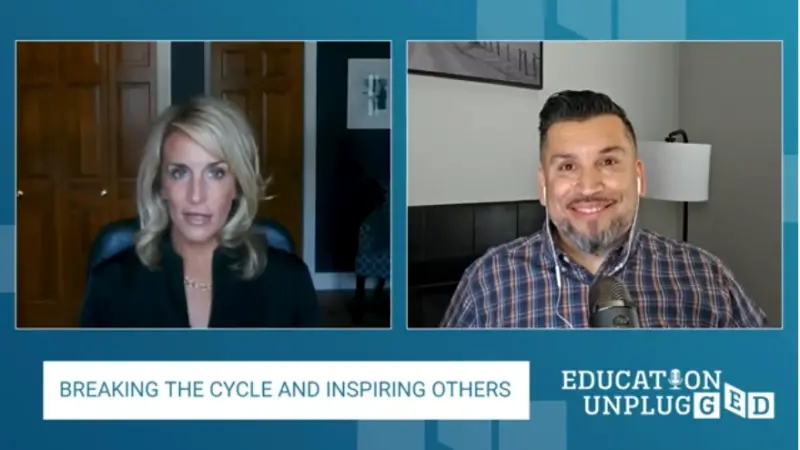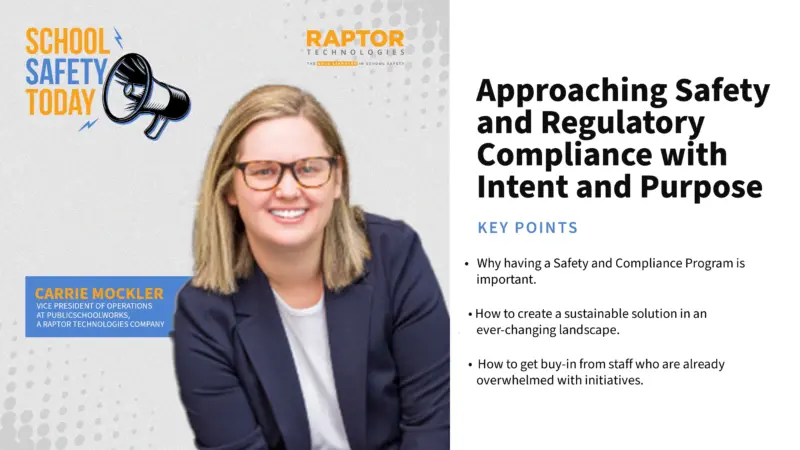Enhancing Law Enforcement Training for K-12 Security Incidents
In a recent discussion on Secured with hosts Mike Matranga and Mike Monsive, the conversation delved into the intricacies of school security measures and the necessity of prioritizing comprehensive safety protocols over singular technological solutions. Highlighting the case of Utah’s mandate for gun detection systems in schools, the hosts emphasized the importance of holistic approaches to campus safety.
Matranga began by asserting that while gun detection systems have their merits, they should not overshadow fundamental elements of school safety such as robust mental health plans, behavioral threat assessments, individual campus data analysis, and emergency action plans. He emphasized the need to address these foundational aspects before investing in specific technologies like gunshot detection systems.
Monsive echoed Matranga’s sentiments, illustrating the folly of prioritizing technology over addressing basic vulnerabilities within school infrastructures. He cited examples of schools with inadequate door locking mechanisms and insufficient medical aid equipment, highlighting the absurdity of investing in gunshot detection systems while essential safety measures remain neglected.
The discussion shifted towards the absence of standardized security protocols across school districts and states in the United States. Matranga announced his involvement in an initiative aimed at establishing a national K-12 security standard, drawing parallels to existing regulatory frameworks like the CFR. He stressed the importance of collaboration among professionals to develop comprehensive standards applicable nationwide.
Further, the hosts critiqued the promotion of individuals lacking adequate qualifications or training to oversee school security. They highlighted instances where law enforcement officers or educators were elevated to positions of authority without the requisite expertise, leading to compromised safety measures and ineffective crisis management.
Monsive underscored the complexity of security responsibilities within larger school districts, noting the inadequacy of training programs to prepare individuals for the multifaceted demands of executive security roles. He expressed concern over the lack of resources and support provided to personnel tasked with overseeing school safety, often resulting in overwhelmed and underprepared individuals.
In conclusion, Matranga and Monsive emphasized the imperative of prioritizing comprehensive safety protocols over singular technological solutions in ensuring the security of educational institutions. They advocated for standardized security measures, professional qualifications, and adequate training to address the diverse challenges faced by school security personnel across the nation. By fostering collaboration and accountability, they argued, stakeholders can work towards creating safer environments for students, educators, and staff in schools nationwide.



